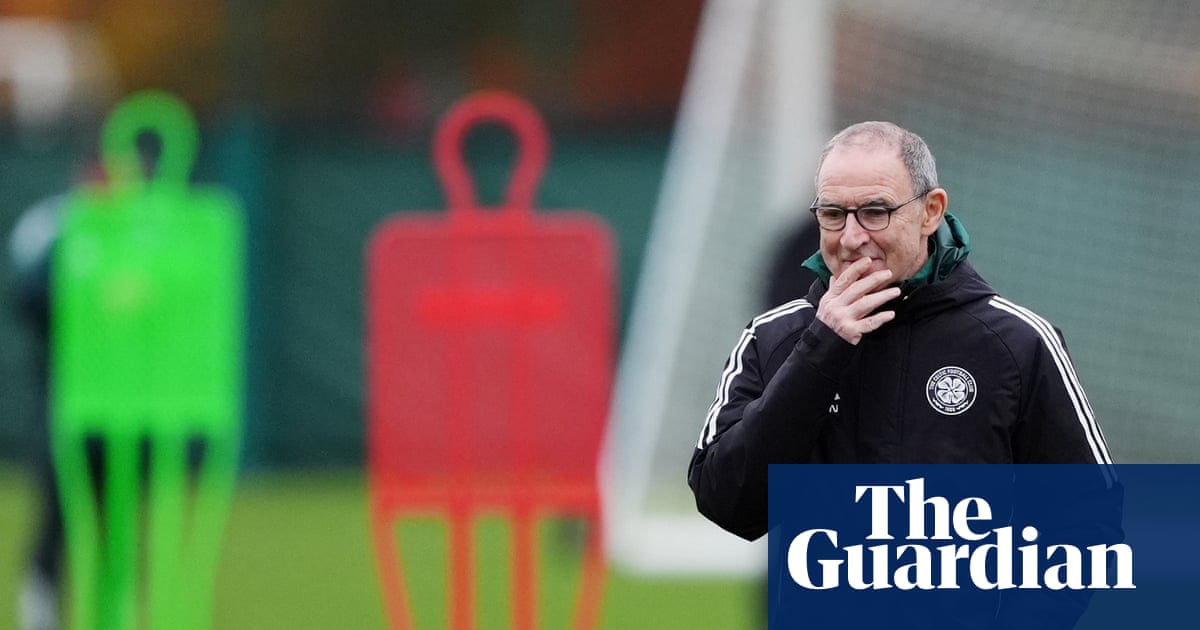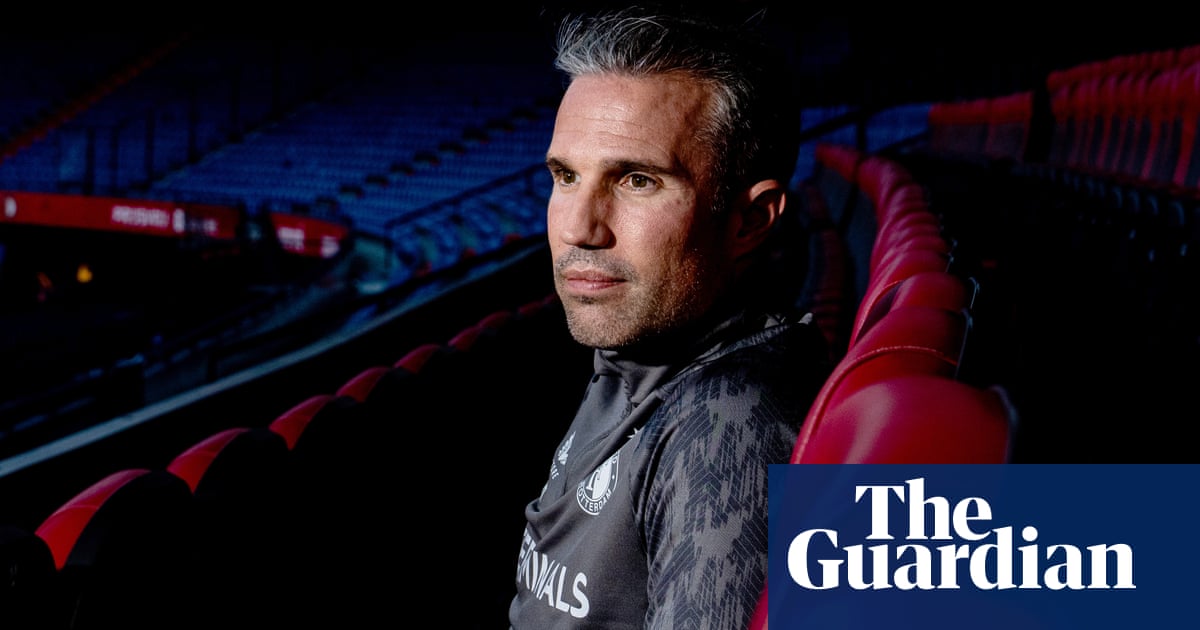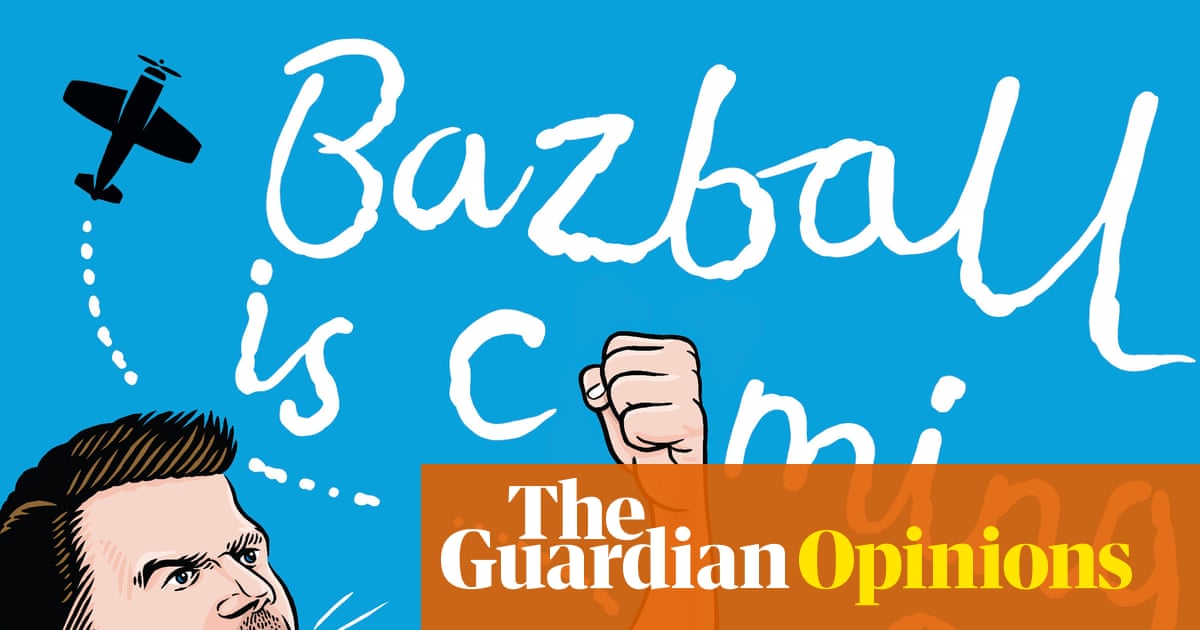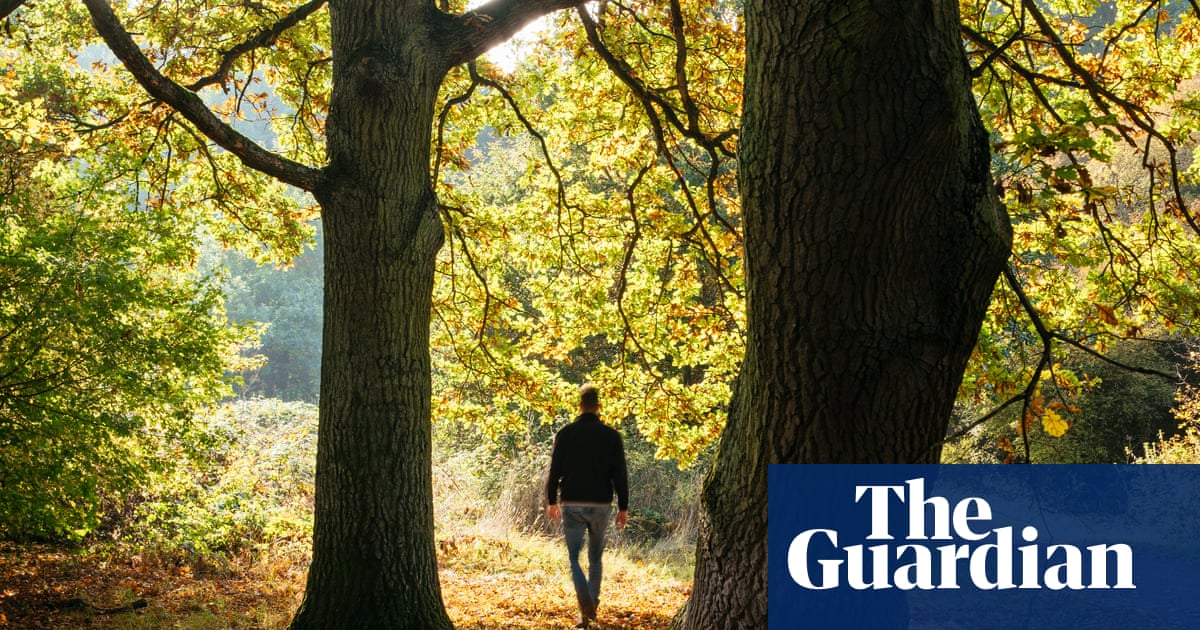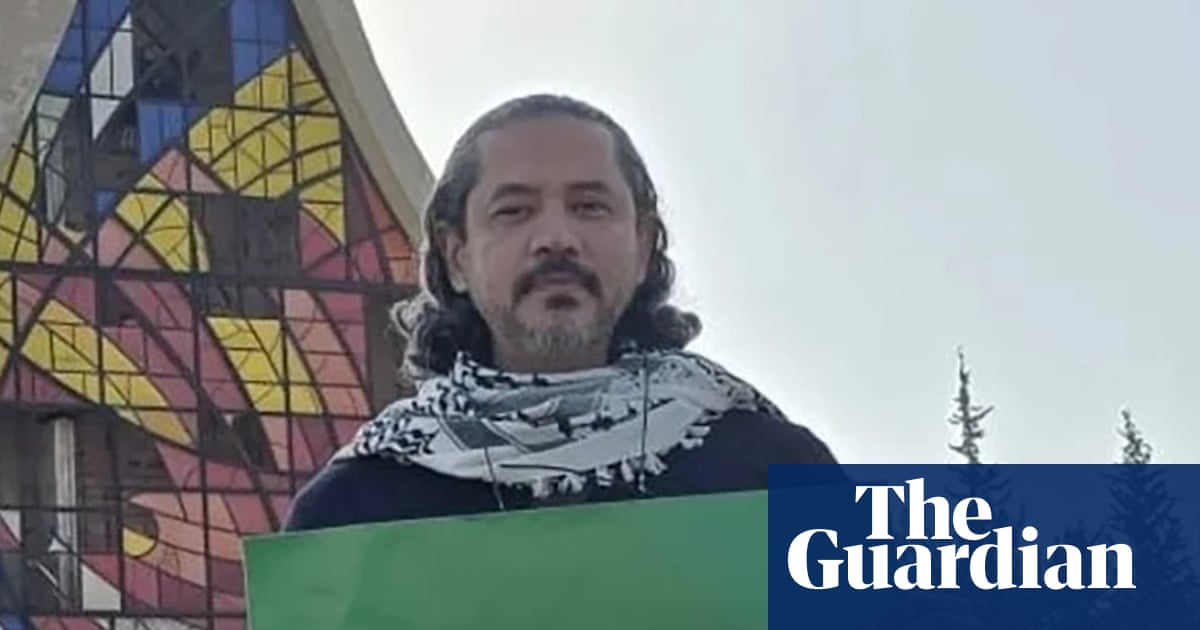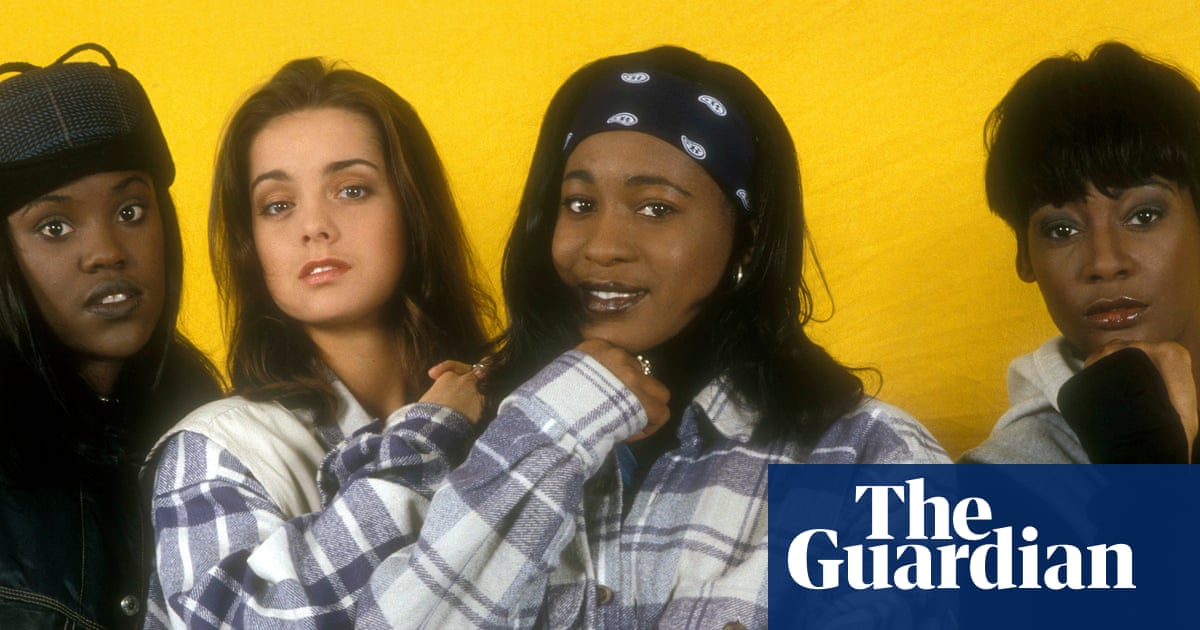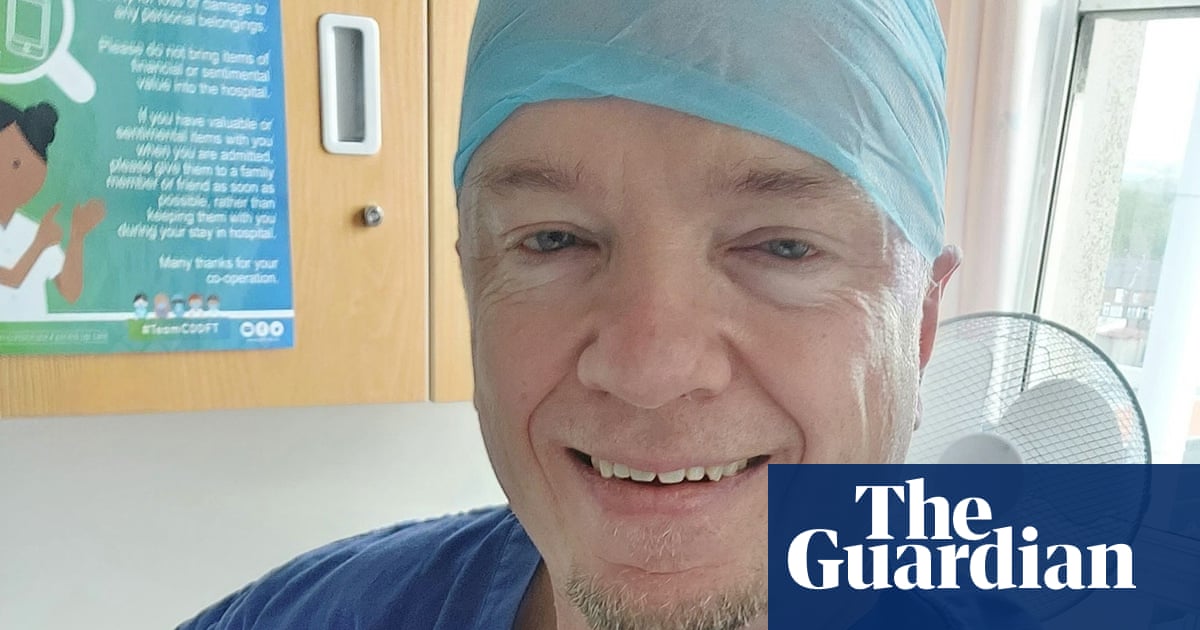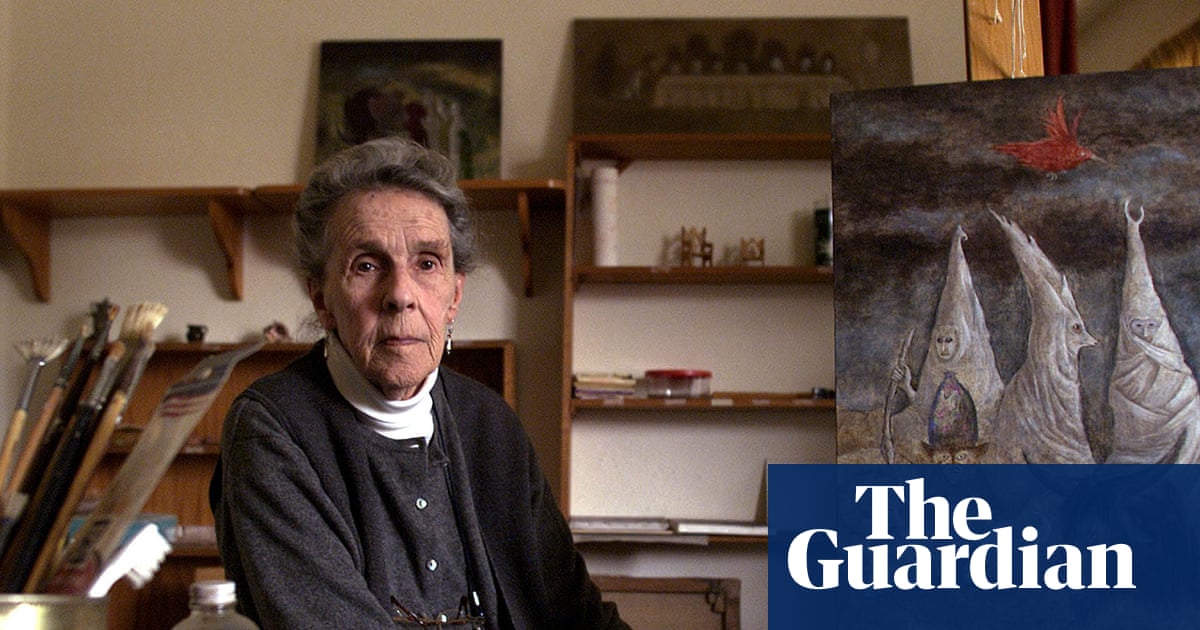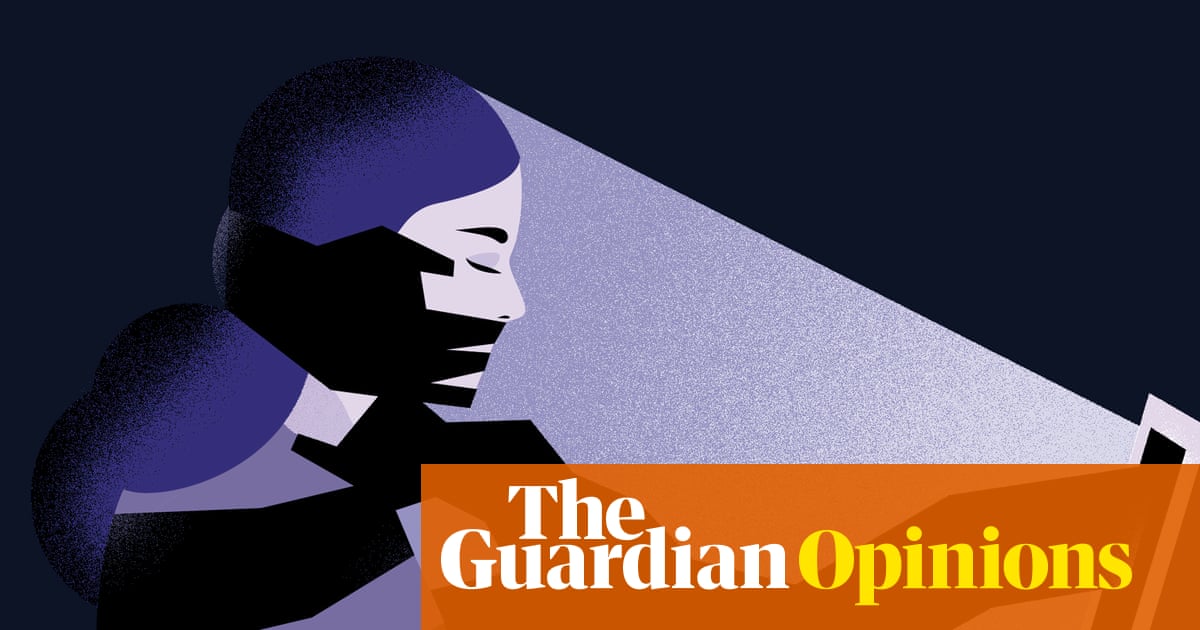At one point in the five and a half months they have been imprisoned in Afghanistan, Barbie and Peter Reynolds were kept in underground cells, deprived of sunlight for six weeks.
Their health is deteriorating rapidly. Peter, 80, has been chained and shackled, and recently had convulsions on the floor, much to the alarm of Barbie, 75, who herself has suffered from malnourishment and reports her hands and feet have turned blue.
“There’s a chance they die in there, and it’s escalating pretty fast,” their youngest son, Jonathan, 45, said. “They need to get to the hospital immediately.”
Since the British couple’s arrest on 1 February, the Reynolds family have been thrown into a nightmare, watching from afar as their elderly parents have struggled in a brutal prison system where they are being been held without charge.
At first, Peter and Barbie would call their family regularly from prison but there has been no contact from them for more than a month, and the UN has intervened to warn they may die in “degrading conditions” if they do not receive hospital treatment soon.
Officials from the British Foreign Office met the couple in prison last week, but there has still been no official confirmation of plans for their release.
The couple have lived in Afghanistan for 18 years, running training and education programmes.
Since the Taliban regained control in 2021 they have banned education for girls over 12, and women are not allowed to work. But Barbie became the first woman to receive a certificate of appreciation from the Taliban, which the family said showed how their work was accepted in the local context.
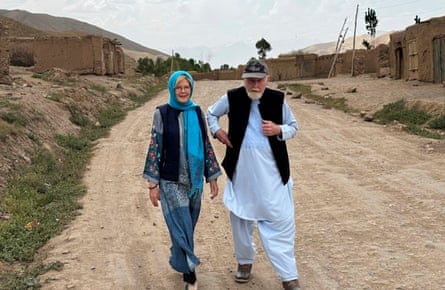
After meeting at the University of Bath in the 1960s, Peter and Barbie married in Afghanistan 55 years ago, and vowed to dedicate their lives to the country. Barbie spent many of her childhood summers there helping at an institution for blind people.
Jonathan said he had a vivid memory of sitting on his parents’ bed, aged 15, asking them what he should do with his life. “They said, one of the best things you can do is live in the service of others. Live to help other people, and you’ll find the greatest joy and the greatest reward,” he said from his home in Chicago.
“The reason I tell that story is I think it sheds light on who they are as people.”
After the Taliban takeover, the couple decided to stay despite the security risks. “They said: ’How could we possibly leave these people we love in their darkest hour?’ But the warning was, if you stay, you’re on your own,” Jonathan said. “They knew full well that something like this could happen.
“We’ve counted the cost as a family for that. They have always said: ‘If this does happen, don’t trade us for some terrorist who’s in prison, and don’t pay a penny in ransom money.’ But they never told us what they did want us to do, which has been really, really difficult.”
At first, Peter said he would not leave prison without Joya, an Afghan interpreter who was arrested alongside the couple and has since been released. “Dad was like: ‘You’ll have to kill me. Do not let him stay in here. He has done nothing wrong,’” Jonathan recalled. “I think they could have maybe got out a lot earlier but those kind of demands, although selfless, made it more difficult.”
Jonathan said his father had remained unflinchingly polite and upbeat, and has downplayed his health problems.
“He’ll say something like: ‘Oh, we’re being treated very well. I have a lovely mattress on the floor and there’s a bathroom nearby.’ I’m like: ‘OK, but you’re still in prison, unjustly,’” he said.
His mother, he said, had given a more honest account of their time in prison, reporting that there were women who had been there for months because they were not allowed to leave without a male to escort them.
Barbie and Peter have five children, 17 grandchildren and three great-grandchildren, who live across the UK and US. They last all convened with Peter and Barbie about 18 months ago in Dubai, and are a close family despite the geographical distance between them.
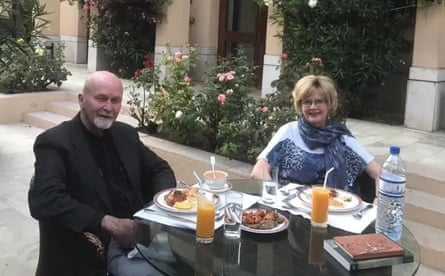
“It has been painful, stressful and emotionally taxing. The nature of my parents, they raised kids who are very much: ‘Hold my beer and I’ll fix this thing’,” he said. “We’re all fixers and we’re all make-it-happen people. And we are completely stuck.”
Despite the situation, the family have found moments of humour.
“Every time my dad calls, even from prison in Afghanistan, he says: ‘Hello son, is now a good time?’ What do you mean is now a good time?” Jonathan said. “My brother would actually joke around and say: ‘Actually I’m in a pedicure right now, can you call back in 20 minutes?’”
Jonathan said he had seen negative comments about his parents on social media, and was aware of how some people perceived the case.
“I have seen people saying: ‘Let them die there, we’re not using British taxpayer money on this,’” he said.
“But this is not just an emotional plea from some adult kids saying: ‘Somebody help my parents because they were on vacation in a place they shouldn’t have been.’ That’s not what this is …. They know full well the risks, but they are being held in an unjust manner, and they are innocent.”

 3 months ago
54
3 months ago
54





